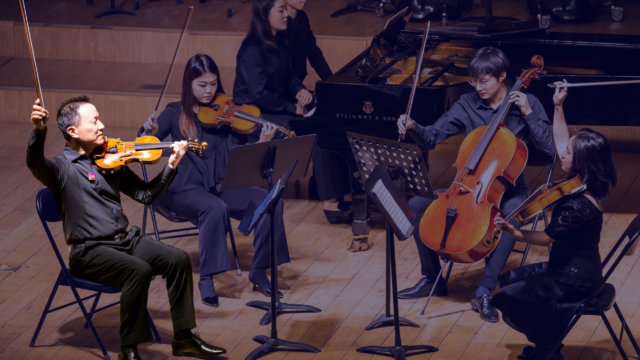Playing Your Part – Identifying Your Issues and Messages
Choosing Your Battles
Which policy issues are most important to your orchestra? In most cases, determining your priorities does not require becoming an expert in technical matters, but for each issue, you want to be able to answer these questions:
- Why do you care about this issue?
- Are your orchestra’s stakeholders aligned on the issue? (It’s ok if they aren’t, but you should be aware of this.)
- Are there clear facts or statistics to show how the orchestra is helped/harmed by the issue?
- What is the orchestra’s recent history on the topic at hand?
- What outcome do you prefer? What outcome can you accept?
- What is your legislator’s record on this issue?
- What are the likely reasons he/she will use to oppose, avoid, or support your position?
- What do you need him/her to do?
Staying Informed
The League’s advocacy emails, website, and social media channels are the best source of information for orchestras on public policy issues at the federal level, including detailed information on each policy area. We also regularly update a 2-pager summarizing Key Policy Issues. Of course, you can also make direct inquiries to the League’s public policy office in Washington for more information. (We quite like hearing from you!)
Other information avenues:
- Personal contacts with other arts institutions in your area.
- Your legislators themselves. Sign up for their email lists, and follow their social media channels to learn more about the issues they are working on and to keep up with opportunities to raise your concerns in town halls, community meetings, and hearings.
- State associations: note that each state’s political context and structure for arts funding will vary from place to place. Advocates can stay engaged in each state’s arts policy efforts by:
- Joining your state arts alliance – a directory is here from Americans for the Arts
- Joining your state nonprofit association – the National Council of Nonprofits state directory is a great starting place
- Becoming familiar with state-by-state governmental funding levels – see the National Assembly of State Arts Agencies overview
- Building your coalition participation – find tips in the League’s section on coalition work in this guide
Effective Messaging
- State your issue at the top. Present your position in a sentence, and then take one or two paragraphs to explain why you support or oppose the policy.
- If you personally know the legislator, by all means make a reference to your connection.
- Be clear about what you hope the legislator will do. Indicate what course of action you want. Examples: “I urge you to speak with your fellow Republicans on the committee to…” “I hope you will speak strongly in floor debate for passage of…” “I hope you will vote in subcommittee to oppose…” “Please speak with your colleagues from … about…”
- If you are writing about legislation, refer to the bill number and specific language, if possible.
- Be concise and polite, always. No threats, no rude language, no digressions to side issues—no exceptions.
- Most basic of all: simply describe how the issue affects your orchestra’s work. The intensity of your concern, your overall position, and the fact that you are watching what the legislator does—those are the things elected officials glean from constituent messages.
Article Topics:
Related Links & Assets
Related
-
Learn | Travel with Instruments
Know Your Bow: New Rules and Essential Steps for Pernambuco Sustainability
-
News | Advocacy
NEA, Bow Owners, Visas, and Charitable Giving
Become a member
Thank you for your interest in the League of American Orchestras! We are dedicated to advancing the orchestral experience for all.
Join Now
